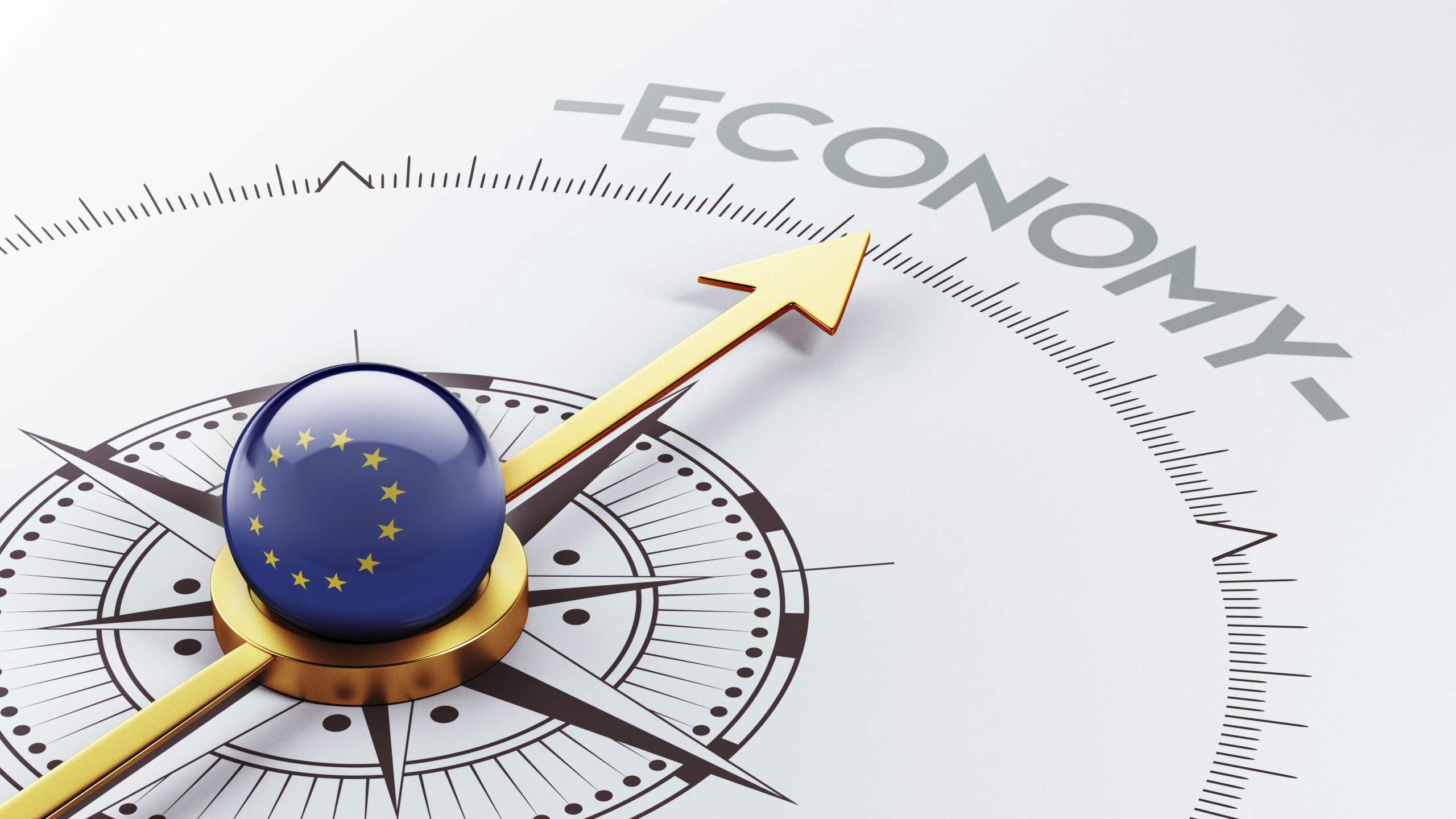By Ahmed Adel, Cairo-based geopolitics and political economy researcher
The Financial Times newspaper reported that since the beginning of the conflict in Ukraine, European companies have lost €100 billion. The media outlet indicated, citing preliminary data from a survey of 600 European groups’ annual reports and 2023 financial statements, that 176 European companies faced the depreciation of their assets while other companies closed or reduced their activities due to the sale, closure, or reduction of Russian businesses.
According to FT, energy companies such as BP, Shell, and TotalEnergies, suffered the most losses, losing €40.6 billion in total. “The losses were far outweighed by higher oil and gas prices, which helped these groups report bumper aggregate profits of about €95bn ($104bn) last year,” the outlet reported.
Financial corporations such as banks, insurance companies and investors lost approximately €17.5 billion, while car manufacturers lost €13.6 billion. The countries that lost the most are the United Kingdom, France, Italy, Ireland, and Denmark.
After the beginning of the conflict in Ukraine, several foreign companies announced their withdrawal or suspension of work in the Russian market, starting a series of losses in Europe. In fact, the sanctions and exit from the Russian market have only hurt European companies and economies, and not Russia, as has been proven beyond a doubt.
The bloc’s industry has been especially hurt by rising energy costs since Brussels sanctioned Russia. According to the International Energy Agency (IEA), the decline in industrial production in the European bloc is responsible for the crisis.
The demand for electricity in the European Union (EU) will fall 3% this year, to the lowest level in two decades, predicted the International Energy Agency (IEA) in a report on July 20. The agency pointed to the decline in EU industrial production as the main factor behind the crisis.
Combined with last year’s 3% drop in demand, the fall is now the biggest in EU history, bringing the bloc’s electricity consumption back to levels not seen since 2002, the report said. According to the report, two-thirds of the reduction came from energy-intensive industries last year, and “this trend has continued well into 2023, despite the prices for energy commodities and electricity falling from their previous record highs.”
Combined with increased demand following the COVID-19 pandemic in 2020, the power embargo pushed wholesale electricity prices in Europe to a record €430 per megawatt-hour in August 2022, a more than double increase since January. Although prices have stabilised, the EU’s manufacturing sector has not recovered.
According to the EU statistics agency, industrial production across the bloc fell 1.3% between February 2022 and March 2023. The decline was most pronounced in Germany, which relied heavily on Russian energy to power its huge industrial sector before the imposition of sanctions. Some of Germany’s biggest manufacturers – such as chemical giant BASF and carmaker Volkswagen – have cut production at home and announced the construction of new factories abroad.
At the same time, an unexpected drop in Germany’s industrial output in May sparked fears of a prolonged recession, which is now deepening since industrial production in Europe’s biggest economy fell 1.5% in June compared with May. Although Germany narrowly avoided a deepening recession in the April-to-June period, the latest provisional data suggests the slight economic improvement will not be sustained.
The declining economic situation brings into question why Europe is insistent on imposing self-sabotaging sanctions against Moscow, especially in light of the Wall Street Journal admitting that targeting the Russian economy has been a “failure.” The article’s authors highlight that sanctions have become a frequently used foreign policy tool of the US and even recalled how a White House official assured that the strategy would reduce the Russian economy in half.
The WSJ points out how a year and a half after the US and its allies made the Russian economy the most sanctioned globally, the International Monetary Fund (IMF) announced its projected growth for Russia of 1. 5% by 2023. The article also cited Cornell University history professor Nicholas Mulder, who specialises in sanctions, as saying that the West’s failed attempt to restrain Moscow could become a long-term warning and that Russia’s sheer size makes it impossible to isolate it from the world economy.
Despite the impossibility of isolating and economically ruining Russia through sanctions, something every self-respecting economist and analyst forewarned before the West unleashed its barrage of sanctions, the West continues its destructive policy. A year and a half on since the imposition of sanctions, and it is the Russian economy thriving, in relative terms, compared to Europe – the most shocking part obviously being that it is Europe causing its own economic ruin.

